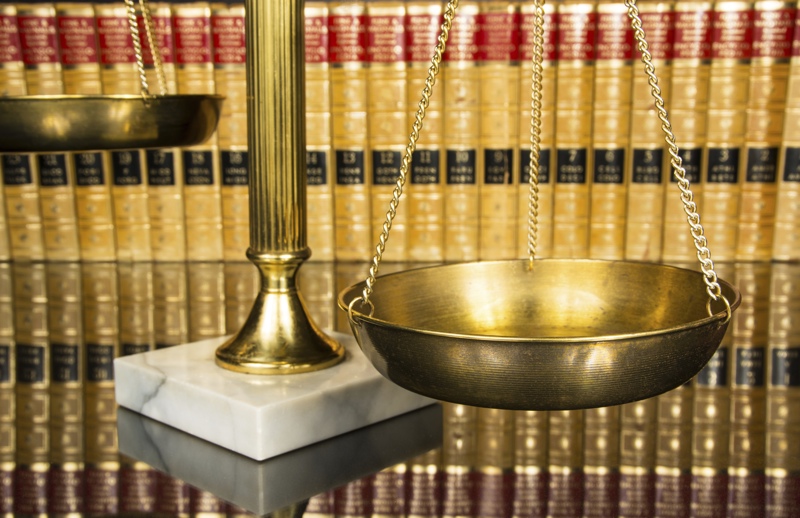June 25, 2014
In the criminal justice system, the prosecutor decides which cases to pursue, which charges to file, and what items get turned over to the defense. Unfortunately, prosecutorial misconduct occurs far too often. In the words of Alan Dershowitz, a professor at Harvard Law, “Winning has become more important than doing justice. Nobody runs for the Senate saying ‘I did justice.’”
Approximately 97 percent of cases get resolved without a trial. This is due in part to prosecutors offering plea bargains to defendants who then plead guilty to a lesser offense in order to get a more preferable sentence. Because these decisions play a huge role in the outcome of a case, it is important for prosecutors to be fair and to seek out justice, rather than seeking to improve his or her conviction rating.
In 1963, the Supreme Court of the United States held in the case of Brady v. Maryland, 373 U.S. 83 (1963), that “suppression by the prosecution of evidence favorable to an accused upon request violates due process where the evidence is material either to guilt or to punishment, irrespective of the good faith or bad faith of the prosecution.” In other words, prosecutors are required by the Constitution to turn over to the defense any exculpatory evidence, that is, evidence that is favorable to the defendant. Unfortunately, suppression of this type of evidence is one of the most common types of prosecutorial misconduct.
In 2013, in U.S. v. Olsen, 737 F.3d 625 (9th Cir. 2013), the United States Court of Appeals for the Ninth Circuit denied an appellant’s petition for rehearing. Olsen, who was convicted for producing the toxic poison ricin for use as a weapon, claimed that he never intended to use the ricin as a weapon, and that the prosecution’s evidence against him was contaminated by the forensic scientist and therefore unreliable. Apparently, federal prosecutors knew that an investigation of the forensic scientist in the case had revealed that he had been “sloppy” in his work; the report recommended that police “redo lab work in 14 out of 100 randomly selected cases due to ‘the presence of unexplained contaminants in his laboratory, among other findings.’” The findings of this report were never turned over to the court, or to Olsen’s lawyers.
Despite the federal prosecutors withholding this exculpatory evidence, a clear violation of Brady v. Maryland, a majority found that the evidence didn’t create a “reasonable probability of a different result,” which is to say that the likelihood of a different result was not “great enough to undermine confidence in the outcome of the trial.”
Prosecutorial misconduct like the example described above too commonly goes unpunished. As seen in Olsen, the prosecutor’s misconduct was not punished by reversing Olsen’s conviction. According to the Center for Prosecutor Integrity, more than 98 percent of prosecutorial misconduct goes unpunished, yet, according to the National Registry of Exonerations, 43 percent of wrongful convictions are caused by misconduct. Even when prosecutors are punished for their misconduct, the punishment is often minor, such as having the prosecutor pay for the cost of the disciplinary hearing.
Although it is possible for prosecutors to be suspended or removed from their positions because of misconduct, it is a rare occurrence and therefore a poor deterrent. In 2007, the Office of Professional Responsibility received 906 complaints but investigated 71 prosecutors. Out of those, 23 were found to have committed misconduct, and 14 received disciplinary action. Six were suspended, and another six were removed from their positions.
Prosecutorial misconduct can lead to wrongful convictions and create both financial and emotional toll for defendants. The Khonsari Law Group understands the gravity of every case we take, and our attorneys are here to help. Rohom Khonsari, previously a prosecutor with the Pinellas County State Attorney’s Office, has extensive experience as both a prosecutor and a defense attorney and understands how both sides in a criminal case operate. If you have any questions or concerns, please contact the Khonsari Law Group today.
Source:
https://mobile.nytimes.com/2014/01/05/opinion/sunday/rampant-prosecutorial-misconduct.html?nl=todaysheadlines&emc=edit_th_20140105


